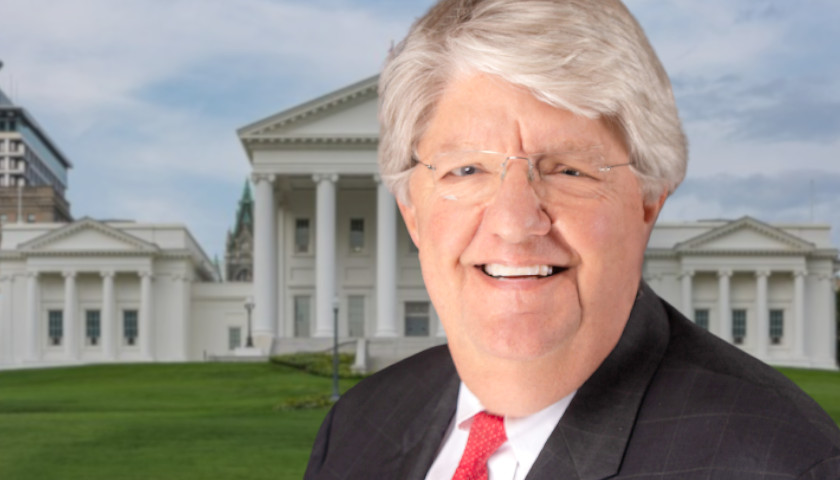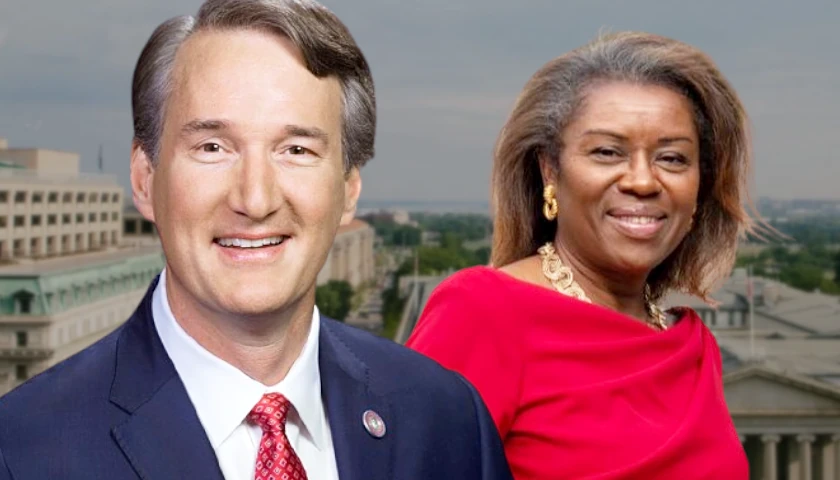RICHMOND, Virginia – In a Thursday presentation to legislators, Secretary of Transportation Shep Miller touted reduced DMV wait times, record Port of Virginia profits, and expand at Virginia’s spaceport, but he said fatality rates on Virginia highways are ticking up and northern Virginia commuter rail and metro options are in bad financial condition.
“WMATA [Washington Metropolitan Area Transit Authority] is not so good,” Miller told the Senate Transportation Committee. “A new CEO, really excited about him. A lot of work to do. A lot. Huge deficit looming. Not really sure how we’re going to deal with that.”
Miller said WMATA, which operates the Metro, is facing a $200 million dollar shortfall, has only been able to function so far thanks to COVID-19-era rescue funds, and that problems are complicated because the authority is a partnership between Virginia, Maryland, Washington D.C., and the federal government.
“We got to do something because they won’t be able to pay their bills in two years, and that’s a fact,” he said.
The Virginia Railway Express (VRE), which provides commuter service into the Washington area, is facing low ridership.
“What a great line that has been for the Commonwealth, stacked full of people, rolling into D.C.,” he said. “It’s now 20 to 25 percent occupancy.”
“The question is, when does it come back? Does it ever come back? That’s all dependent on Washington D.C., it’s the people that are not going to the federal government,” Miller said.
Miller said Governor Glenn Youngkin has requested legislation to change the funding formula for the VRE, which is currently treated like a bus route. The bill would automatically allocate 3.5 percent of the Commonwealth Mass Transit Fund, creating a guaranteed stream of money for VRE that other projects won’t take.
Another Youngkin bill is an effort to reduce toll rates on the Dulles Greenway toll road.
“For many years, over a decade, the Greenway has been a problem in Northern Virginia where nobody seems to be happy with it,” Miller said.
Youngkin has also requested a bill to expand the Transportation Opportunity Fund using up to $100 million per year to maintain the fund at $300 million.
Miller said that Virginia risks losing important economic development opportunities because the infrastructure may not support the project, and the process to get funding for the infrastructure takes too long.
“So we’re just looking for a little bit of a fund so we can move on some of these projects no matter where they are across the state,” he said.
– – –
Eric Burk is a reporter at The Virginia Star and The Star News Network. Email tips to [email protected].
Background Photo “Virginia Capitol” by Martin Kraft. CC BY-SA 3.0.





